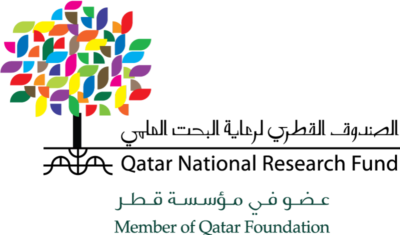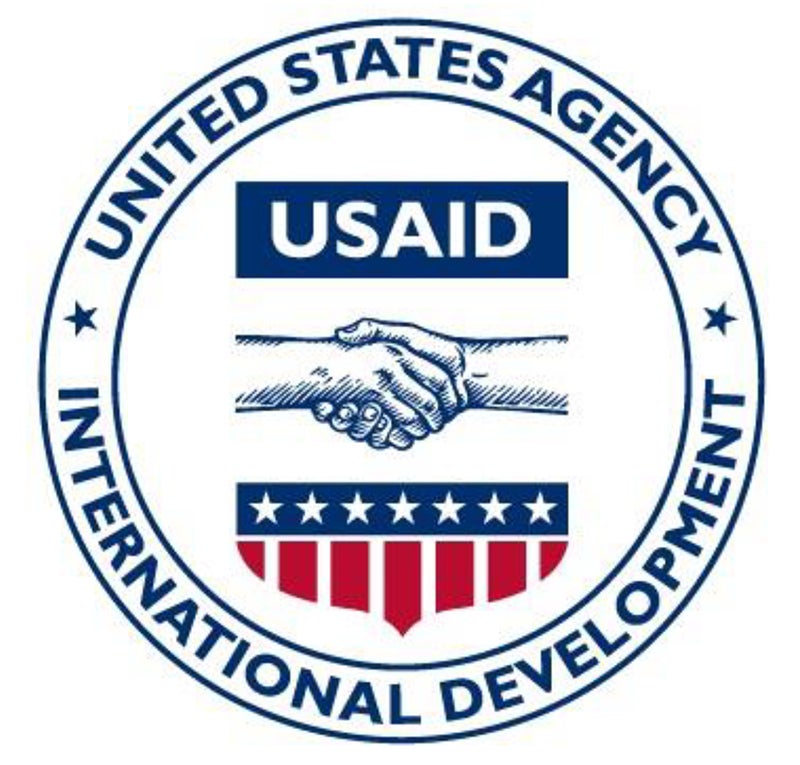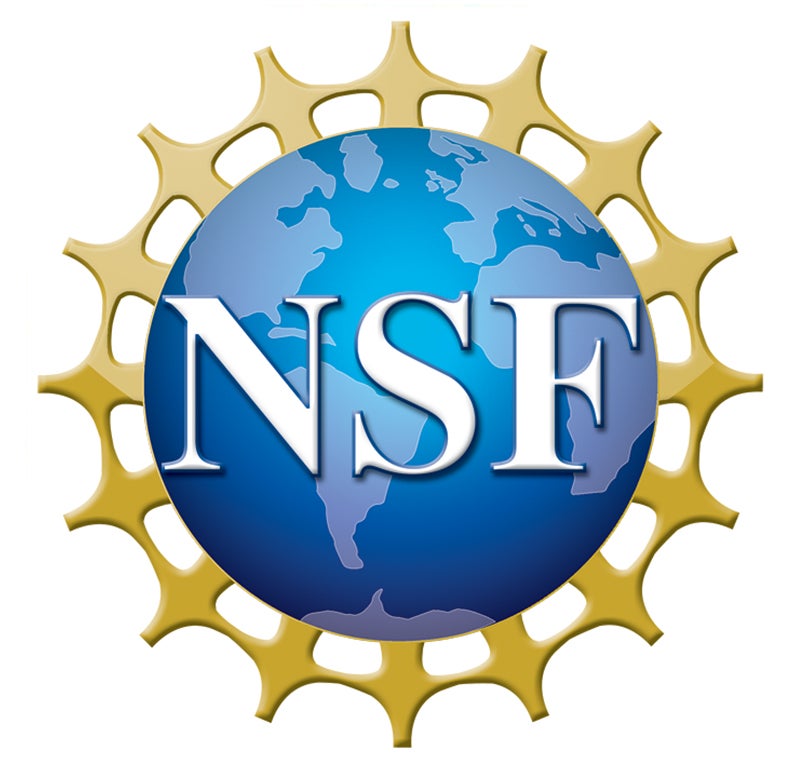Overview
Based on the success of the long-standing NAS-organized Kavli Frontiers of Science aimed at promoting interdisciplinary collaboration among young scientists and researchers, NASEM first started the Arab-American Frontiers of Science, Engineering, and Medicine program in 2011.
It has been modeled after the existing bilateral Frontiers programs, with such countries as Germany, India, and China providing for the overall program structure but leaving enough flexibility to adopt it to regional needs. The online symposium is participant driven and as such we have an organizing committee of young researchers who identify topics, select speakers, and chair the session during the Frontiers.
Co-Chairs’ Welcome Message
It is our great honor to welcome you to the eighth Arab-American Frontiers of Science, Engineering, and Medicine Symposium. This online event convenes talented US and Arab scientists, engineers, and medical professionals to discuss major scientific advances on a wide array of topics relevant to the Middle East, North Africa,and globally.
The 2021 Arab-American Frontiers Symposium will be an unforgettable event with broad but meaningful technical content, unparalleled networking opportunities, and a superb social program. The speakers at this event are experts in their respective fields and will gather to discuss and explore some of the world’s most challenging issues. We envisage that the symposium will provide an ideal platform to develop mutually beneficial partnerships for all participants from across the Arab world and the US over the three days. We hope that your discussions and explorations of the themes will advance research aimed at solving these critical challenges and lead to effective, fruitful discussions and collaborations between participants across disciplines from the US and the Arab world.
We have planned a rich social online program including a welcoming reception and social tour of the most spectacular attractions of Doha, as well as technical tours to the state-of-the-art labs in Education City. You will have the opportunity to experience and observe the distinctive Qatari culture and the beauty of Doha.
Dr. Dena Al Thani
Symposium Co-Chair
Dr. Leonard Pease
Symposium Co-Chair
About
Based on the success of the long standing NAS-organized Kavli Frontiers of Science, aimed at promoting interdisciplinary collaboration among young scientists and researchers, the National Academies of Sciences, Engineering and Medicine (NASEM) first started the Arab-American Frontiers of Science, Engineering, and Medicine program in 2011.
The symposium is participant driven and an organizing committee of young researchers identifies topics, selects speakers, and chairs the session during the Frontiers.
The Arab-American Frontiers program brings together outstanding young scientists, engineers, and medical professionals (under 45 years old) from the United States and the 22 countries of the Arab League for a series of symposia to discuss exciting advances and opportunities in their fields.
The goal of these meetings is to enhance the scientific exchange and dialogue among young researchers in Arab countries and the US, including the Arab science diaspora, and through this interaction facilitate research collaboration within and beyond the region. Another unique aspect of the Frontiers events is the pluri-disciplinarity of the participants’ background and research interests. The objective is to catalyze innovation and cross-pollination of ideas, unlike the traditional format of specialized conferences on a single topic.
Arab-American Frontiers symposia are held on a rotational basis in different countries of the Arab region, already completing seven successful symposia in Kuwait, Oman, Saudi Arabia, the UAE, Morocco, Egypt.
About The National Academies of Sciences, Engineering, and Medicine
The National Academies of Sciences, Engineering, and Medicine provide independent, objective advice to inform policy with evidence, spark progress and innovation, and confront challenging issues for the benefit of society.
More information at: https://www.nationalacademies.org/about
About Hamad Bin Khalifa University
Hamad Bin Khalifa University (HBKU), a member of Qatar Foundation for Education, Science, and Community Development (QF), was founded in 2010 to continue fulfilling QF’s vision of unlocking human potential. HBKU is a homegrown research and graduate studies University that acts as a catalyst for positive transformation in Qatar and the region while having a global impact.
Located within Education City, HBKU seeks to provide unparalleled opportunities where inquiry and discovery are integral to teaching and learning at all levels utilizing a multidisciplinary approach across all focus areas.
HBKU is committed to actively contribute to achieving the Qatar National Vision 2030 by building and cultivating human capacity through an enriching academic experience and an innovative research ecosystem. Through applying creativity to knowledge, students will have the opportunity to discover innovative solutions that are locally relevant and have a global impact.
At Hamad Bin Khalifa University – our students, faculty, staff, partners, and leadership – all share a common belief in the power of higher education and research to make a positive impact in the development of nations.
More information at www.hbku.edu.qa
About Education City
Our flagship initiative is a campus of more than 12 square kilometers that hosts branch campuses of some of the world's leading educational institutes, a homegrown university, and other research, scholastic, and community centers. Together, these institutes make Education City a unique model of academic and research excellence, pioneering a new approach to multidisciplinary, global education and enabling breakthroughs that benefit Qatar and the rest of the world.
Total Students across our universities and schools: 8,000+
Universities located in Education City: 9
Schools as part of our Pre-University Education network: 11
More information at https://www.qf.org.qa/education/education-city
About Qatar
Qatar has been an independent sovereign state since 1971. Qatar comprises an 11,500 sq. km peninsula extending northwards into the Arabian Gulf. It has 563 km of uninterrupted coastline. The country’s population stands at 2.69 million and its capital city is Doha.
Local time is GMT/UCT + 3 hours. There are no daylight savings adjustments.
Qatar has a desert climate with year-round sunshine, very hot summers and mild winters. Mean monthly
temperatures range from 17°C in January to 36°C in July, sometimes reaching highs of 40°C+ during the
summer. Rain is infrequent, falling in brief showers mainly in winter.
Capital: Doha
Population: 2.6 million
Area: 11,500 sq. km
Language: Arabic
Religion: Islam
Currency: Riyal
Power Connection: The power plugs and sockets are of type D and G. The standard voltage is 240 V and the
standard frequency is 50 Hz.
More information at https://www.visitqatar.qa
Submissions
The call for application for the 2021 Arab-American Frontiers Symposium is now open. The symposium will take place in Doha, Qatar on November 1-4, 2021 in partnership with Hamad bin Khalifa University (HBKU).
Session topics are:
- Advanced materials
- E-Health
- Water/Food/Energy
- Cybersecurity
- Emerging technologies and Society.
Deadline to apply is September 01, 2021.
For more information and submission click here.
Organizing Committee
National Academies of Sciences, Engineering, and Medicine
Dalal Najib
Director - Science and Engineering Capacity Building
National Academy of Sciences
Washington, DC
United States
Website: https://www.linkedin.com/in/dalal-najib-35778331/
Daniel Placht
Associate Program Officer
National Academy of Sciences
Washington, DC
United States
Website: https://www.linkedin.com/in/daniel-placht-45998757/
Organizing Committee
Dena Al-Thani
Committee Co-Chair
Assistant Professor, Hamad Bin Khalifa University (HBKU), Doha, Qatar
Website: https://www.hbku.edu.qa/en/cse/staff/dena-ahmed-s-al-thani
Leonard Pease
Committee Co-Chair
Engineer, Pacific Northwest National Laboratory, Richland, Washington, United States
Website: https://energyenvironment.pnnl.gov/staff/staff_info.asp?staff_num=2752
Session Chairs
Session 1: Advanced Materials
Majid Al-Ruqeishi, Associate Researcher, Sultan Qaboos University, Oman
Website: https://om.linkedin.com/in/majid-al-ruqeishi-9719b13a
Amal El-Ghazaly, Associate Professor, Cornell University, United States
Website: https://www.ece.cornell.edu/faculty-directory/amal-el-ghazaly
Session 2: e-Health
Nady El-Hajj, HBKU, Qatar
Website: https://www.hbku.edu.qa/en/staff/nady-el-hajj
Ellie Graeden, Talus Analytics, United States
Website: https://www.linkedin.com/in/egraeden/
Session 3: Water, Food, Energy
Tareq Al-Ansari, HBKU, Qatar
Website: https://www.hbku.edu.qa/en/cse/staff/tareq-al-ansari
Emily Kumpel, University of Massachusetts, United States
Website: https://cee.umass.edu/faculty/emily-kumpel
Session 4: Emerging Technologies and Society
Mohamed Bakhouya, International University of Rabat, Morocco
Website: https://www.uir.ac.ma/fr/pole/lerma-energies-renouvelables-et-materiaux/Bakhouya
April Salas, Cybersecurity and Infrastructure Security, United States
Website: N/A
Session 5: Cybersecurity
Saif Al-Kuwari, HBKU, Qatar
Website: https://www.hbku.edu.qa/en/cse/staff/saif-al%E2%80%91kuwari
Ryan Donaghy, National Risk Management Center, United States
Website: https://www.linkedin.com/in/ryandonaghyphd/



